PERSONAL
2,558
Ori
5 years ago
I've now finished playing
Ori and the Will of the Wisps, so here are some thoughts about that and the game it's a sequel to!
I played
Ori and the Blind Forest a few years ago, shortly after it came out I think, though I can't remember how I found out about it! I was thoroughly impressed, and the thought of the upcoming sequel,
Ori and the Will of the Wisps, was at the back of my mind for years. That was finally released recently, and I've just finished it. I was no less impressed!
I also replayed the first one just before starting the sequel, and found that I remembered little of it. That's not a bad thing though; it meant it felt fresh rather than boringly familiar. They're both essentially the same game, visually and mechanically, though the second one has some changes and improvements, so I'll talk about them both together here. I wondered whether anyone would take issue with the similarities between them, or whether people would appreciate the familiarity. Personally I liked that it was more of what I'd already liked previously, rather than something entirely different.
![]()
I originally thought of the first one as a sort of 'indie game', based on the price and platform, but it's made by a big, professional team and seems to have direct backing by Microsoft? Or something? I'm not sure about the details, but it's definitely not some obscure one-man niche project. So maybe you're already familiar with it, though I never know how big or well-known these things are since I'm not (yet!) as much a part of the games community as I really should be.
![]()
If you don't know anything about it, it's a Metroidvania - that is, there's a big 2D world you gradually unlock parts of by acquiring platforming abilities to traverse various obstacles that previously blocked your way - with beautiful hand-drawn art, in which you play as a forest spirit with fairly standard themes of darkness and corruption that you have to purify and so on.
![]()
The visuals are amazing, as I think anyone would agree. Every screenshot looks like a work of art in itself. I took a few screenshots because I knew I'd be writing this post, but ended up with 222 of them at the end because there were so many times I just found what I was looking at so beautiful I wanted to capture it in some way. It's combines dark gloom with varied, vibrant colours in a way that makes it feel otherworldly, mystical, and solid.
The visuals blend 2D painted textures and 3D models seamlessly, such that I'm not sure what was modelled and what was just painted. I vaguely remember watching a video after playing the first one about how the levels were built, out of 'pieces' of flat texture that were used multiple times, but placed, rotated, scaled, coloured, etc such that any obvious repetition was obscured. It's one of the ways that it reminded me of the game Braid, which used a similar approach for its also-gorgeous visuals.
There's a lot of parallax - where 'further away' objects scroll more slowly - to give the world a strong feeling of depth. I particularly like the vertical parallax on the water surfaces, and the almost constant presence of obscuring foreground objects that don't usually attract conscious notice, but which make the world feel more 3D than it actually is.
![]()
The gameplay is really
fluid. You move swiftly, accompanied by flawlessly flowing animations, and many of the abilities you unlock allow you to chain together various aerial manoeuvres such that you can go long periods without ever touching the ground. I found all of the skills intuitive and fairly easy to master, but I felt satisfyingly competent by using them, and that my apparent mastery would be impressive to anyone watching me (not that I have anyone who could watch me). I remember someone telling me back when I tried to make my own platformers that ideally, the character should be fun to just play around with even in an empty room, there should be pleasure in
how the character is controlled, and these games definitely do a wonderful job of that.
The difficulty was never too severe or too lax. I felt challenged a lot, and died many times during certain tough sections, but I actually felt
more excited whenever I reached those sections and had to try repeatedly because of how fluid the transition was to the next attempt.
The first game really transformed from "I quite like this" to "wow, this is amazing" for me at the end of the first big dungeon, a big tree which you scale to eventually acquire an 'element' - one of the fairly flimsy story's MacGuffins - which has power over water. You retrieve it, and there's fanfare as if the dungeon is complete... then suddenly waters start to rise below you, and you're expected to use a brand new - and conceptually novel - ability to rapidly chain together a series of really rather challenging jumps in order to escape before being washed away, all to some really wonderful, intense music which heavily uses the game's main theme, or what I hear as "Ori's Theme" (though I don't know its actual title). I died within seconds... but respawned at the beginning of the section essentially instantly, without any disruption to the music. So I tried again. And again and again, each time returning to the beginning of the section when I died, and each time becoming more and more pumped. Though it included a lot of death and repetition without checkpoints - aspects that might typically be considered awful design choices - it felt
amazing because of the stellar execution.
The first game used those sections instead of typical boss battles - it's as if platforming was the boss - which I greatly appreciated. The sequel had some more conventional bosses, but they always included these bits, plus there were a couple which served as challenges in their own right. Their inclusion in the boss battles really ramped up my energy and immersion. I was on the edge of my seat, my palms were sweating! Intense!
Usually I had to try those sections multiple times, and felt disappointed when I managed to get through a couple of them without too much trouble. There was one towards the end of the sequel though where I kept dying during a stupid little bit shortly into the course, though when I got past that I managed to complete the remaining two thirds in my first attempt. It absolutely wasn't easy though and my success felt like a miracle; I was literally shaking with adrenaline at the end, and the feeling of pride and relief brought me a kind of joy I so rarely get to experience!
![]()
I've already talked about the music a bit, but that's worth more of a mention, as it's amazingly well-composed and really brings the whole experience to another level. I liked it all, a lot, though apart from the intense piece based on the main theme which I mentioned earlier, there aren't any tracks from the first game I'd be interested in listening to often. It was wonderfully appropriate, but very background-y; perfect for its environment, though less gripping outside it.
The music seemed more striking in the sequel, and I've found myself singing some of the leitmotifs or general melodies occasionally. There was a piece of music - it plays (initially at least) in the area in the above screenshot (Luma Pools) - which I found so beautiful that I stopped and just sat listening to it for several minutes before carrying on, and found it an absolute delight exploring that area because of it (though the gorgeous visuals of that particular place definitely helped). I'll definitely look into the soundtrack and familiarise myself with some of the intricacies of the individual tracks soon.
I'd also like to analyse/transcribe some so then I can learn from them for my own music... though I noticed in the credits that the music was literally performed by a philharmonic orchestra, so obviously it's levels above what I'll be capable of producing myself!
![]()
The story is... pleasant enough, I suppose, though it felt like an excuse plot, especially in the first. Well, sort of; there was some of what felt like attempts to emotionally engage the player, though I felt that they lacked any deeper substance.
They were approached in an interesting way I've never seen before though. Essentially, the game begins with this fat creature with a mask-like smiley face (called Naru), who finds a forest spirit that was blown off the forest's spirit tree (or something), and looks after it like its child. This is shown through a series of sort-of-cutscenes, where you actually control Naru, though all it can do is walk slowly forward and jump very slightly. Eventually Naru dies (this is in the first couple of minutes, so it's not exactly a spoiler), and the spirit - Ori - goes off on its own to do something I can't recall. Purify the world of corruption or something. Something about an evil owl of darkness.
Naru was obviously included just to make the player sad, and while it
did make me feel sad - I'm not heartless! - it also felt kind of unearned, maybe. But maybe you could say the start of Pixar's Up produces unearned sadness? I'd say they're fairly similar. I suppose it added an emotional element to the game that didn't
need to be there, which I appreciate.
There were a few of those cutscene bits where you control another character, or even the main character, Ori, but with a different movement gait and camera zoom level to represent its emotional state or the gravity of a situation. They flowed seamlessly from or to the normal gameplay, too, which I found to be a really interesting way to handle cutscenes. Inspiring. I also found it amusing how they subtly disabled a lot of actions - like attacking or making big jumps, or walking in the wrong direction - since most players would attempt those right away (I did)!
The sequel included more NPCs who you could talk to (there weren't really any in the original), many of whom gave you fairly simple fetch quests. I felt that added life to the world, and I became familiar with and fond of them as I went on. They were well-written, too; I particularly liked the simple, naive way that the 'Moki' race worded their sentences. More subtle and artful than just having them all say 'kupo' or something all the time!
![]()
The main character is Ori, a spirit, but it's a mute, and despite controlling it for many hours, I don't really know much about it. Is it a he? She? Neither? I think of it as sexless. I suppose it's not a bad thing to have a personality-less vessel for the player like this, and I didn't wish it had
more personality, but I did find myself feeling like I didn't even know the main character. It extended to feeling surprised when I noticed certain details of its appearance which I wasn't aware of before, since I suppose my eyes were always on the environment instead. Maybe other players would have different experiences and would be particularly fond of the character, though. And maybe something different wouldn't have worked for this particular game. I mentioned Braid earlier, and the protagonist of that was silent too. It works for the genre.
![]()
I could go on, and there were a lot more details that I noticed as someone who tries to make games myself, though this is probably long enough as it is! I think I've covered the main things I wanted to.
To summarise, I'd say it's an immersive, wonderfully fluid, musically and visually gorgeous Metroidvania which I thoroughly enjoyed and feel very inspired by.
I envy it to a degree, unavoidably, but it's obviously got a greater volume of talent and financial backing behind it, plus I was just enjoying it too much to really feel that way. Instead, I'll be thinking how I can incorporate some of the things I noticed into my own future work.
Steam shows a playtime of 21 hours for the first one (that's two playthroughs), and 13 hours for the second. One of the optional joys in these sorts of games is exploring every nook and cranny of the huge map, revisiting old areas with new skills to get pickups you couldn't previously, and while I did do that with the first, I haven't with the second yet. I enjoyed playing it enough that I might return to more thoroughly complete it, though.
![]()
So yes! Game! I'm not sure what I'll play next; I know it should probably be Undertale, but it might be Celeste, since I saw it briefly (and unexpectedly) in a random video, and it looked less
artistically intimidating than I assumed it would be (I didn't know it was highly pixelated). WE'LL SEE.
Also, I've been updating this personal blog alongside the development one every weekend, but I might just update this whenever I have something I want to write about in future.




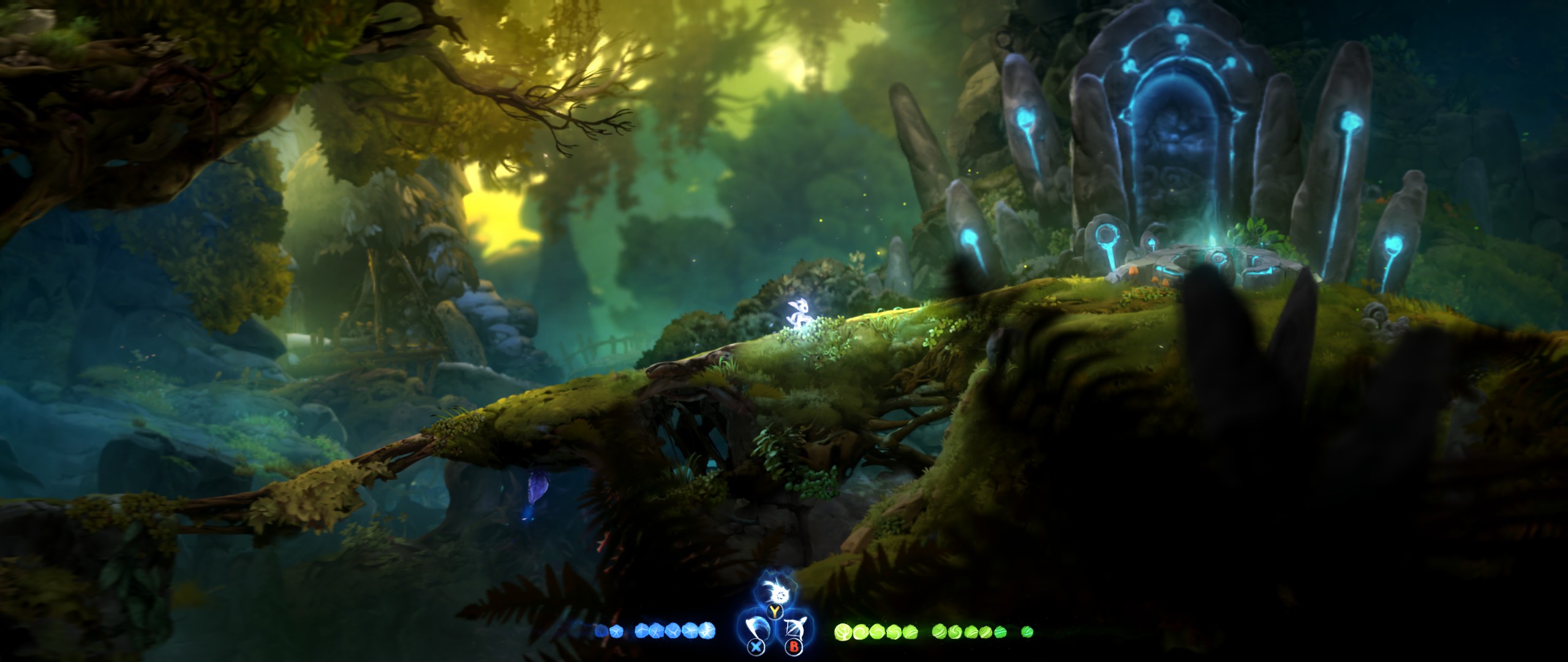
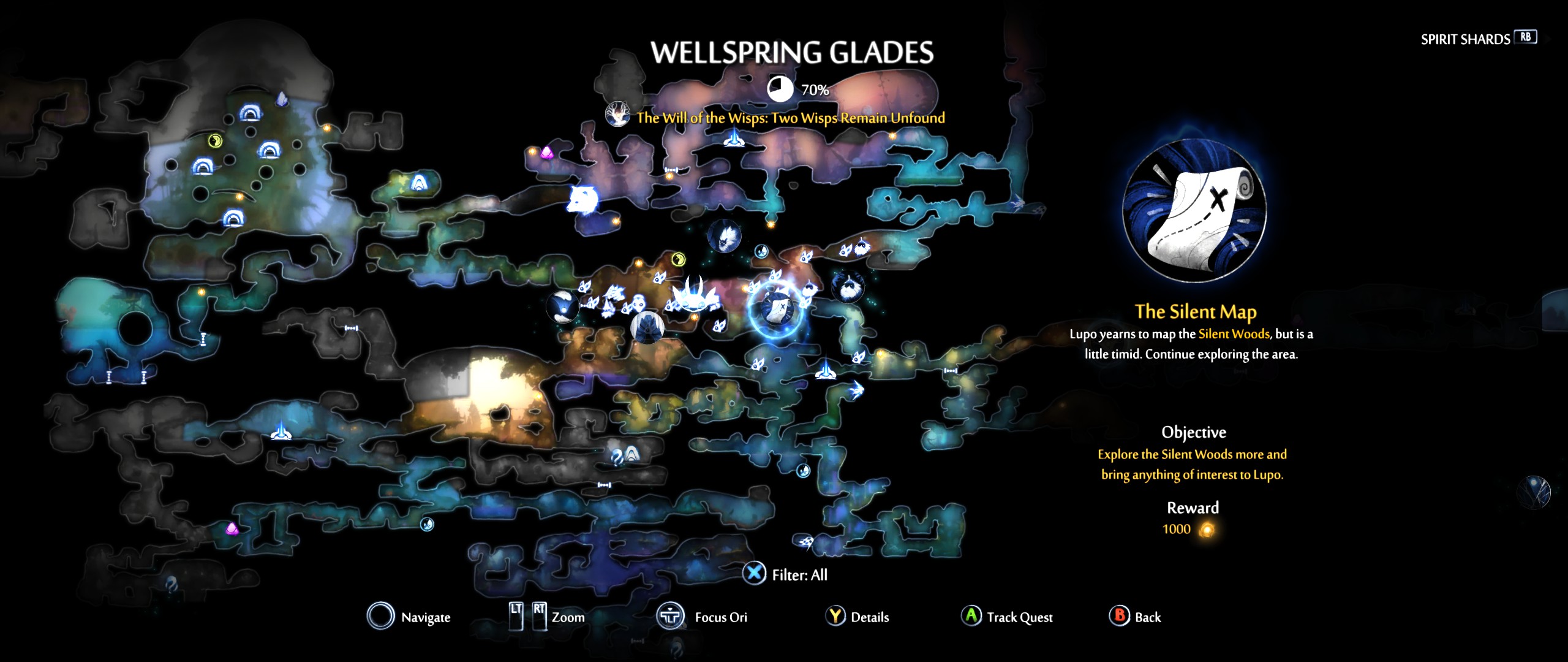
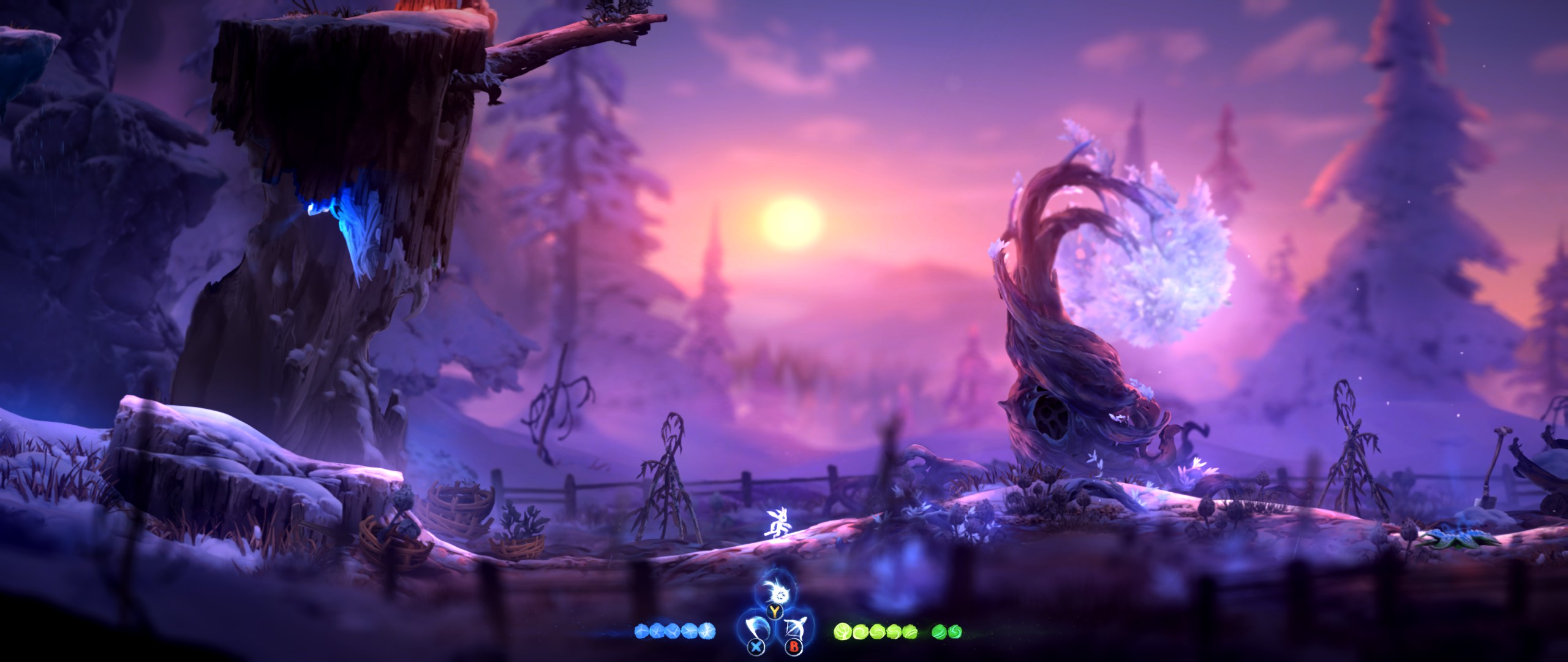
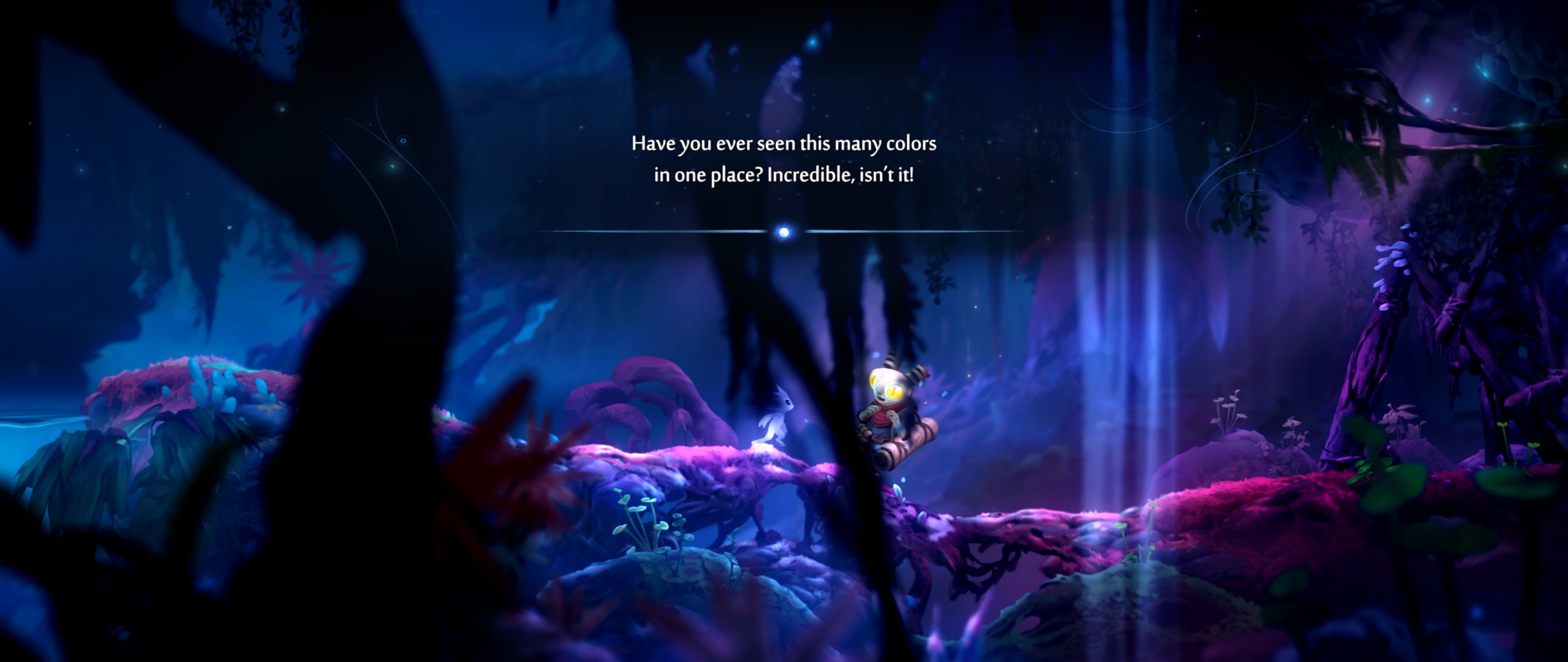
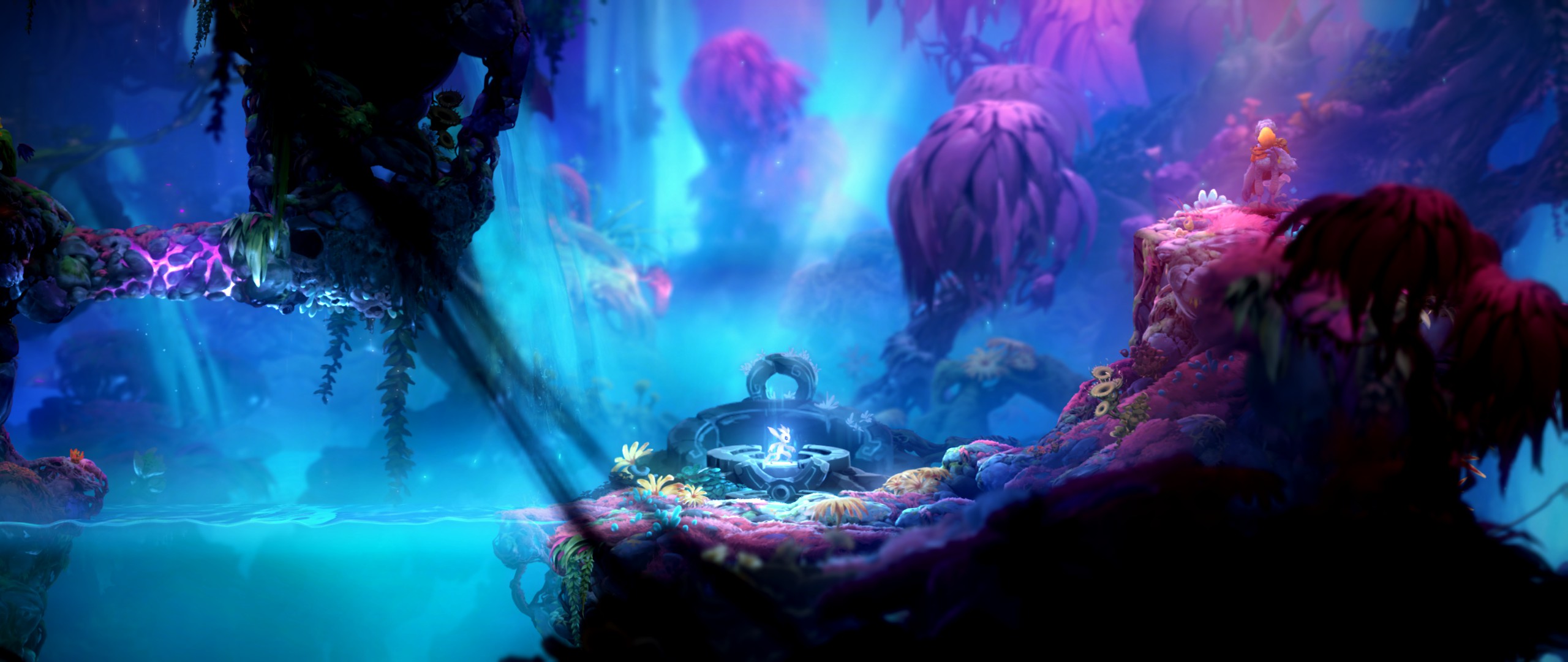
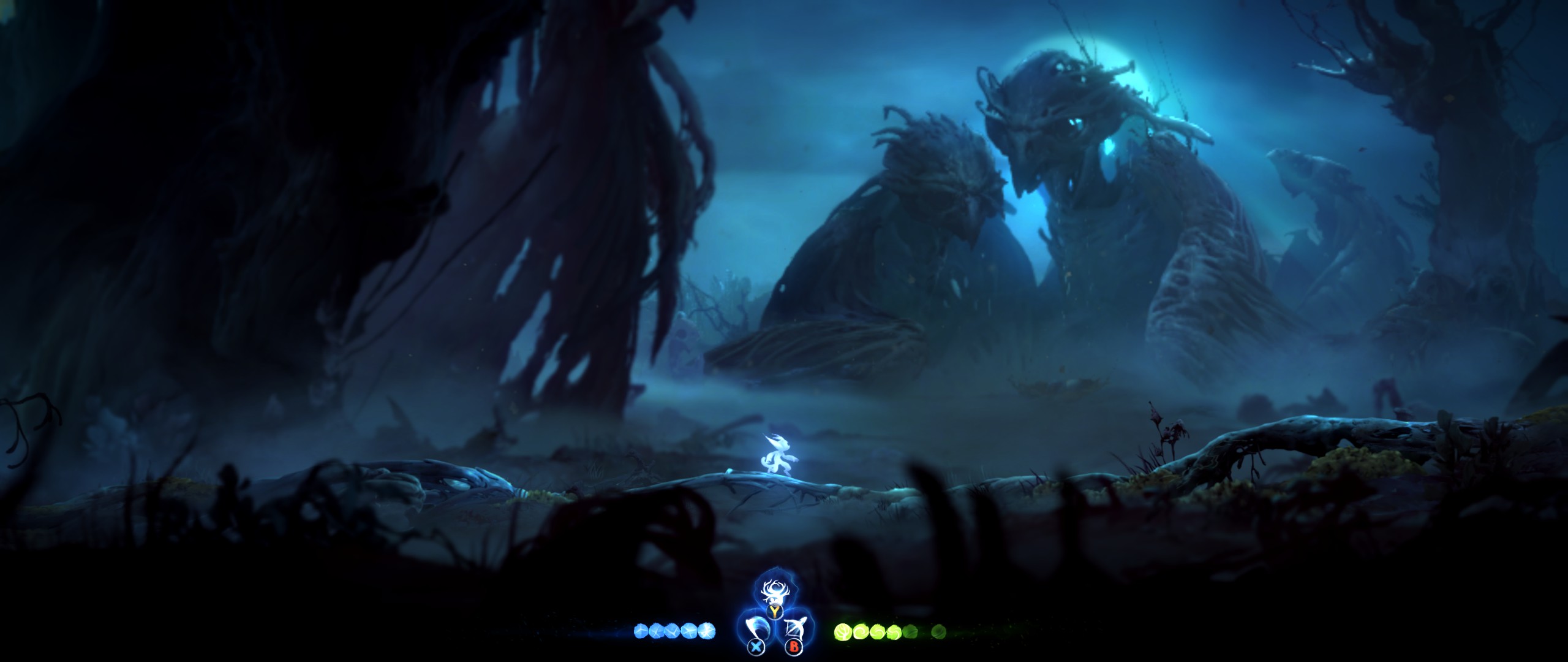
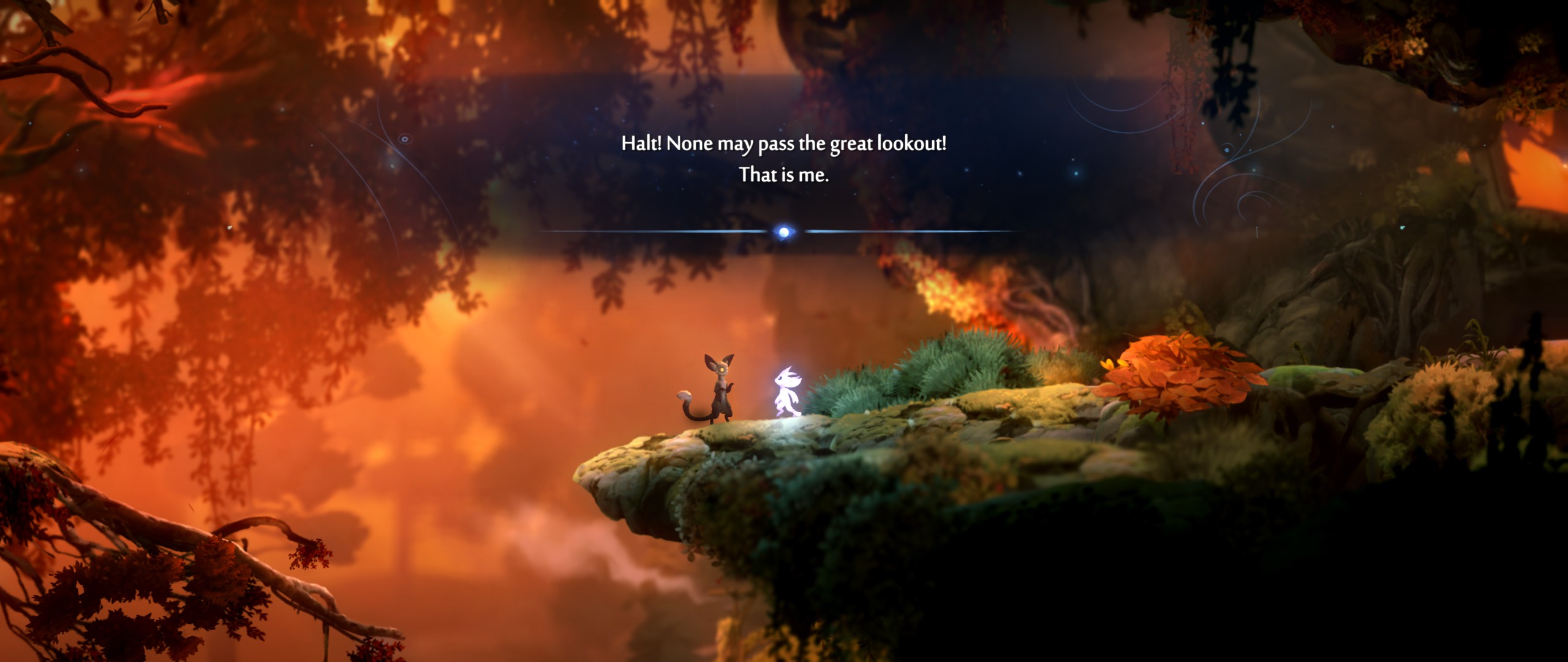
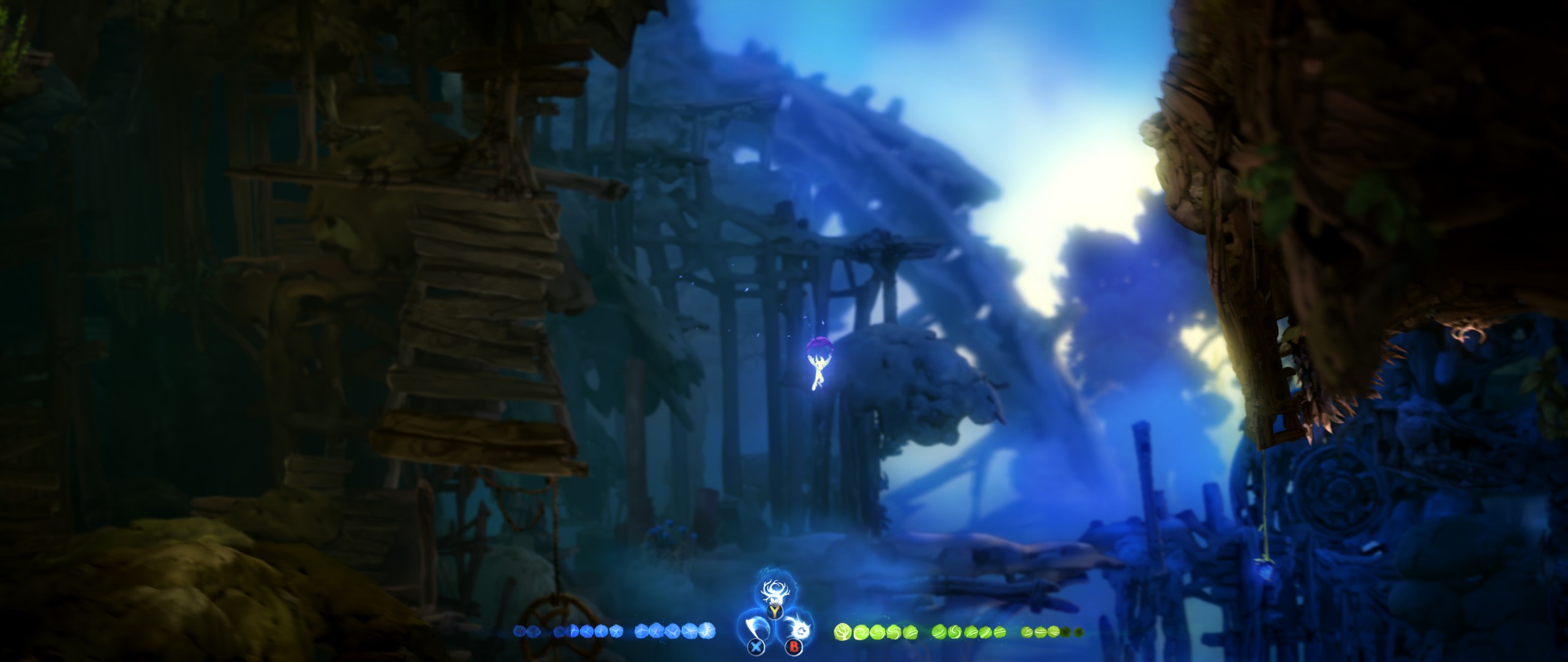

10